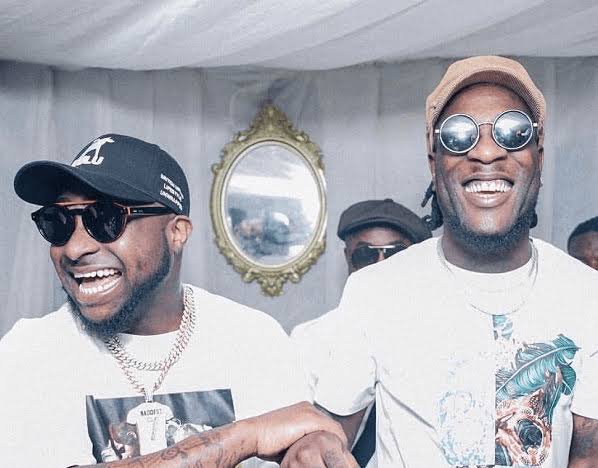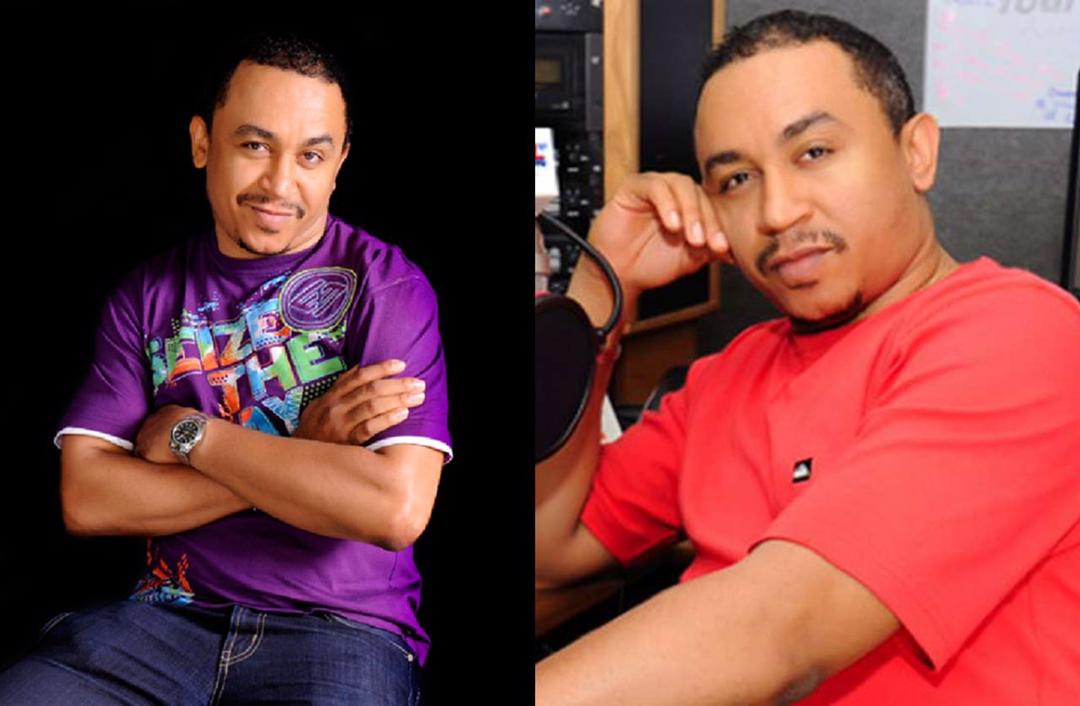
Burna Boy Mocks Davido Over Shared Private Jet as Afrobeats Rivalry Intensifies

The feud between Nigerian music heavyweights Burna Boy and Davido has once again spilled into the spotlight, this time with Burna allegedly mocking Davido over the use of a family-owned private jet reportedly shared by 89 people.
The jibe, which many see as a dig at Davido’s long-touted family wealth, has reignited debates about authenticity, privilege, and image within the Afrobeats industry.
Their rivalry, though simmering for years, reached new heights in 2019 after Burna Boy lost the Grammy to Angelique Kidjo and Davido’s camp was accused of downplaying his achievements.
Since then, both artists have traded subtle and not-so-subtle shots online, fueling fan wars that mirror their competitive positions as global ambassadors of Afrobeats.
Burna’s latest jab at Davido’s private jet seems to cut deep at the heart of Davido’s public persona—the image of a billionaire heir with limitless access.
Industry insiders note that private jet ownership is not as straightforward as it appears.
According to aviation firm LunaJets, annual costs for maintenance and insurance alone can range from $10,000 to $500,000, excluding fuel and crew salaries.
This makes shared ownership a practical, albeit less glamorous, approach even for the ultra-wealthy.
For Davido, whose family fortune has placed him on Intel Region’s list of Nigeria’s wealthiest celebrities, Burna’s mockery paints his wealth as less exclusive and more communal than fans might believe.
Yet, the back-and-forth between the two stars goes beyond material possessions. It reflects a deeper struggle over dominance in a booming Afrobeats industry now worth billions globally.
While Burna Boy emphasizes his self-made rise and international acclaim, Davido leans into his legacy, brand power, and deep family connections. Both strategies resonate with different segments of fans, making their rivalry a narrative of class, hustle, and authenticity as much as it is about music.
What makes the feud more controversial is its timing. Afrobeats is at its most global moment, with Mavin Global and other players pushing initiatives to develop local talent and cement Africa’s cultural dominance on the world stage.
Instead of uniting to harness this momentum, two of its biggest exports are locked in a personal battle that risks overshadowing the collective growth of the genre.
For fans, the latest spat may just be another round of entertainment in a long-standing grudge. But for the industry, it is a reminder that the clash of egos can sometimes distract from the larger story—Afrobeats’ unstoppable rise on the world stage.


